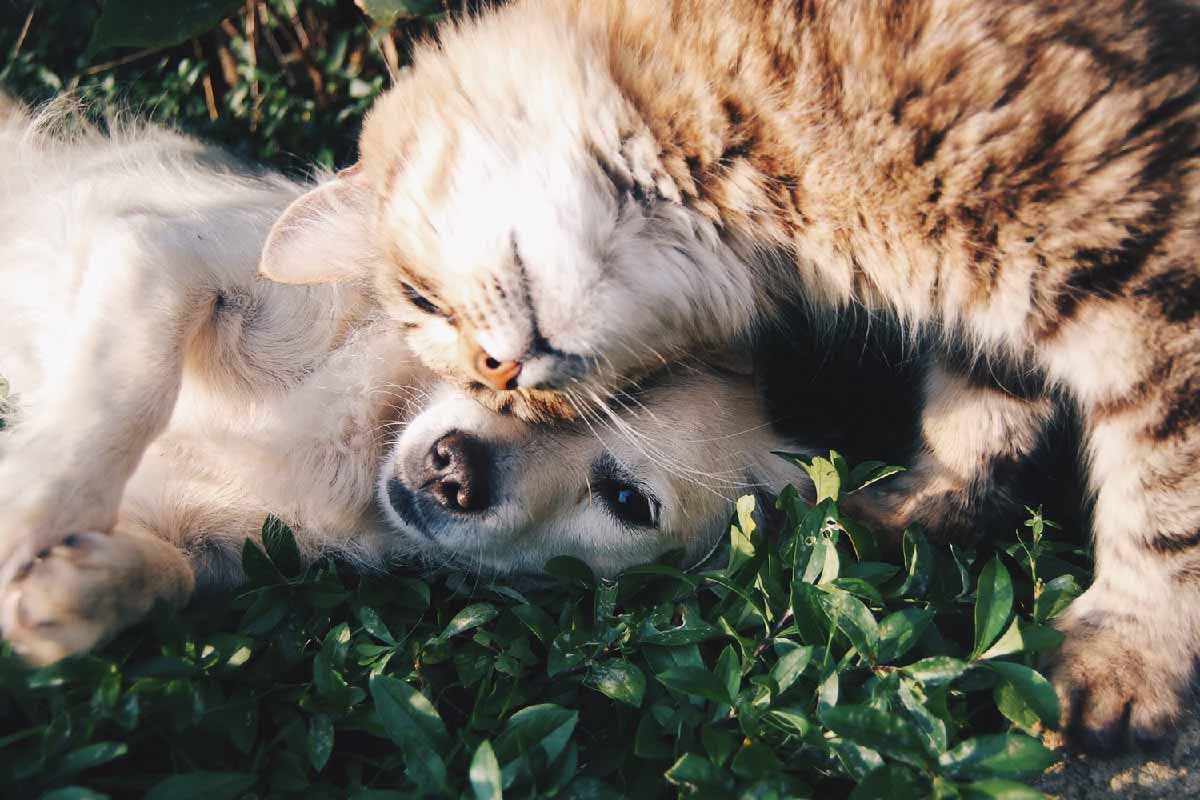We love our pets. From Lassie to Garfield, pop culture has thrived on stories about bonds between humans and our furry friends. Today, as we celebrate National Pet Day, people feel closer than ever to their favorite animals. A 2011 survey showed that dog owners, in particular, considered their pets to be just as important as family members, treating them with the same level of care and discipline as their children.
Some of the rich and famous consider their pets even more important than family. Remember Leona Helmsley? The New York real estate tycoon left $12 million to her Maltese dog, Trouble, when she died in 2007—more than she left two of her grandchildren, whom she omitted from her will. (The contested will was eventually revised by a judge who gave Trouble a mere $2 million and split the rest between the grandchildren and charity.)
While Helmsley’s will is a notorious example of how love for a pet can poison family relationships, there are actually some very good reasons to consider setting up a legally binding plan for the love and care of your pet following your death or incapacity. Tops on the list is peace of mind about your pet’s well-being, but your pet may also represent a significant financial investment if it’s pedigreed and involved in breeding and/or competitive shows. To ensure that your loyal companion is cared for when you no longer can, here’s what’s involved:
What Is a Pet Trust?
You can provide for your pets in a will, but a trust is better for ease of administration and for certain contingencies. A person called the “Settlor” creates a trust and transfers property to the “Trustee,” who has legal title to the property and is responsible for managing the funds and carrying out the terms of the trust for the benefit of the “Beneficiaries,” who have equitable title to the trust funds.
Under current Massachusetts law, a pet is not considered a beneficiary for purposes of a trust; however, the law permits a trust to be set up for “the care of an animal.”
You need not be wealthy to set up a trust for your pet. I’ve met clients of modest means who were able to ensure the well-being of their pet following their death or if they should be unable to provide for the animal due to sickness or incapacity.
Choosing whom you want to take care of your beloved pet is a major decision. You may cringe at asking a friend or neighbor to watch your pet for just one day, let alone for years, so be sure to select someone you trust—and someone who is willing to do the job.
Your Pet Trust can specify not only a Trustee (who manages the Trust Fund) but also a caretaker (who manages the pet). In the Trust you may give the Trustee and the caretaker specific directions for the use of the Trust Fund.
Four Key Questions
Things to consider:
- Who will take care of your pet? If you can’t think of anyone responsible enough or willing enough serve as Trustee and/or caretaker, consider asking your vet for recommendations. As noted above, the person whom you choose as Trustee need not be the same person as the caretaker. We would be happy to discuss the advantages and disadvantages of these designations.
- How much will you leave for the care of your pet? What are your pet’s average annual medical expenses and general costs? How much will the caretaker need, given your pet’s current age and life expectancy?
- Do you want to leave specific instructions for your caregiver? Few people know your pet’s likes and dislikes better than you do. Feel free to leave specific instructions regarding preferences such as recreational activities and special foods.
- What will happen if your designated Trustee or caretaker becomes unable or unwilling to serve? Name successors in your trust, or consider giving your Trustee or caretaker the power to designate a successor.
Your beloved pets may not be able to speak for themselves in a court of law, but you can speak for them and protect their interests through a Pet Trust. We would be happy to discuss your concerns in greater detail. Contact me at ndow@mountaindearborn.com or (508) 453-6276 with any questions.

